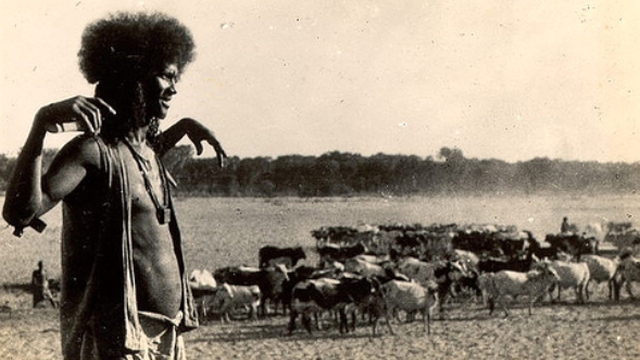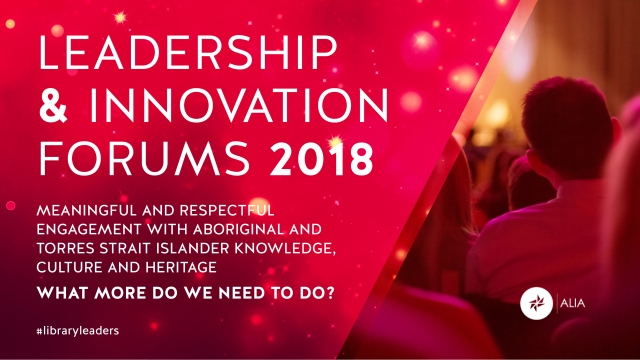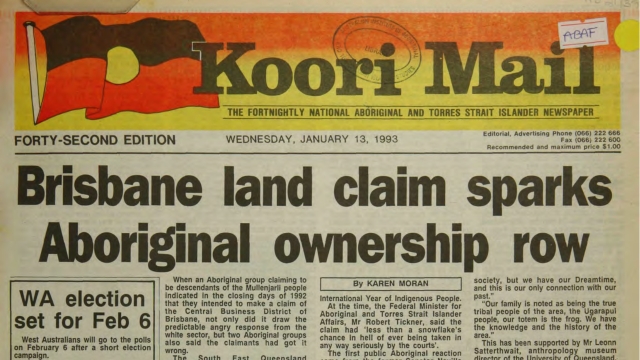
The case for indigenous knowledge systems and knowledge sovereignty (part 5): Threats to indigenous knowledge and knowledge sovereignty
This article is part 5 of a series of articles putting forward the case for indigenous knowledge systems (IKS) and knowledge sovereignty, featuring selected excerpts from the book Knowledge Sovereignty among African Cattle Herders.
There are several possible explanations as to how and why local knowledge sovereignty is being threatened. In this section, we will discuss one of the general, overarching, and perhaps more sinister explanations, followed by a more pragmatic interpretation.
In the late 1970s, the French theorist and philosopher Michel Foucault developed the idea of governmentality1. Governmentality (the art of governing) essentially is the government’s attempt to create citizens who are receptive to current government policy and ethos. This can range from direct propaganda to more surreptitious manipulation (for example of interest rates or through subsidies for certain industries in order to influence people’s spending habits).
Although only briefly covered here, the concept of governmentality is of vital importance because it showcases a possible explanation of why this scientific paradigm is being pursued with such vigour and why it tends to subsume any other system of knowledge it encounters. In this form, we can call it academic governmentality. Taking academic institutions in Taiwan as an example, Shih2 accuses the global North of ‘academic colonialism’. ‘Academic colonialism stands for how states occupying the centre where knowledge is produced, transmitted, and ordered, in an unfair academic division-of-labor at the global level[,] have successfully coerced scholars located in the peripheral states to accept their dominated relations in thoughts and ideas by standardising, institutionalising, and socialising academic disciplines’.
In essence, the academic system itself forces scholars in the global South either to submit to the methodologies and values of the dominant scientific/propositional knowledge system or to fade into obscurity. Shih goes on to describe this choice in more detail: indigenous people in academia who are not functioning in a teaching or research capacity may function as convenient intermediaries between non-indigenous researchers and indigenous communities, thereby perpetuating a system which tends to view such communities as objects to be studied rather than consulted. If an indigenous academic is in a teaching or research position, another choice is afforded him or her: he or she may fall in line with current orthodox methodologies and risk being labelled as ‘ “too practical” – read as “lacking theoretical contributions” ’ 3 as scholars of indigenous knowledge.
Beyond governmentality and academic colonialism, there are inherent difficulties in balancing simultaneous plural knowledge systems in an increasingly interconnected world. An observation of market chains and how indigenous knowledge, as well as knowledge sovereignty, is negatively affected in the process is worth reflecting upon4. Farmers may grow their produce for the local market, and the local market, along with its sellers and producers, has been in existence alongside the local knowledge system, valuing the growing of many varieties of cultivars, and, perhaps, doing so with very few inputs. So here, there isn’t much demand to change the status quo.
However, some of this produce will make its way to the capital city, where it will eventually find its way into the hands of several groups of people, some urban poor, some up and coming middle and upper classes, and some foreign expatriates, to name a few. The produce is now in a very different social space, with different demands being placed on it by different social classes and cultural backgrounds. It is also (largely) being commodified in an area which does not have close contact with the production of much of its food and therefore may have a very different view of what does/can/should go into its production. Furthermore, some of this food may even make its way to the global North, where it will be subjected to further and more varied knowledge systems, values and legalities. The product thus moves along the chain while the knowledge system from which it originated becomes more distant, being subjected to other values and knowledge systems. Which system of knowledge should be given precedence in regard to the product, that of the producer, the seller, the exporter, or the consumer? So, although ‘all knowledge is first of all local knowledge’ 5, it doesn’t seem to stay that way for long.
Next part (part 6): Key debates.
Article source: Knowledge Sovereignty among African Cattle Herders is licensed under CC BY 4.0.
Header image source: Tigre man from Barka Valley is in the Public Domain. The Beni-Amer people probably emerged in the fourteenth century AD from the intermixing of the Beja and the Tigre.
See also: Cultural awareness in KM.
References:
- Foucault, M. (1991). ‘Governmentality.’ In The Foucault Effect: Studies in Governmentality, 87–104. Chicago: University of Chicago Press. ↩
- Shih, C.F. (2010). ‘Academic Colonialism and the Struggle for Indigenous Knowledge Systems in Taiwan.’ Social Alternatives 29(1): 44. ↩
- Shih, C.F. (2010). ‘Academic Colonialism and the Struggle for Indigenous Knowledge Systems in Taiwan.’ Social Alternatives 29(1): 46. ↩
- van der Ploeg, J.D. (1993). ‘Potatoes and Knowledge.’ In Mark Hobart (ed.), An Anthropological Critique of Development: The Growth of Ignorance, 209–27. London: Routledge. ↩
- Okere, T., Njoku, C.A. and Devisch, R. (2011). ‘All Knowledge is First of All Local Knowledge.’ In René Devisch and Francis B. Nyamnjoh (eds), The Postcolonial Turn: Re-imagining Anthropology and Africa, 275–95. Bamenda, Cameroon: Langaa, and Leiden: African Studies Centre. ↩





